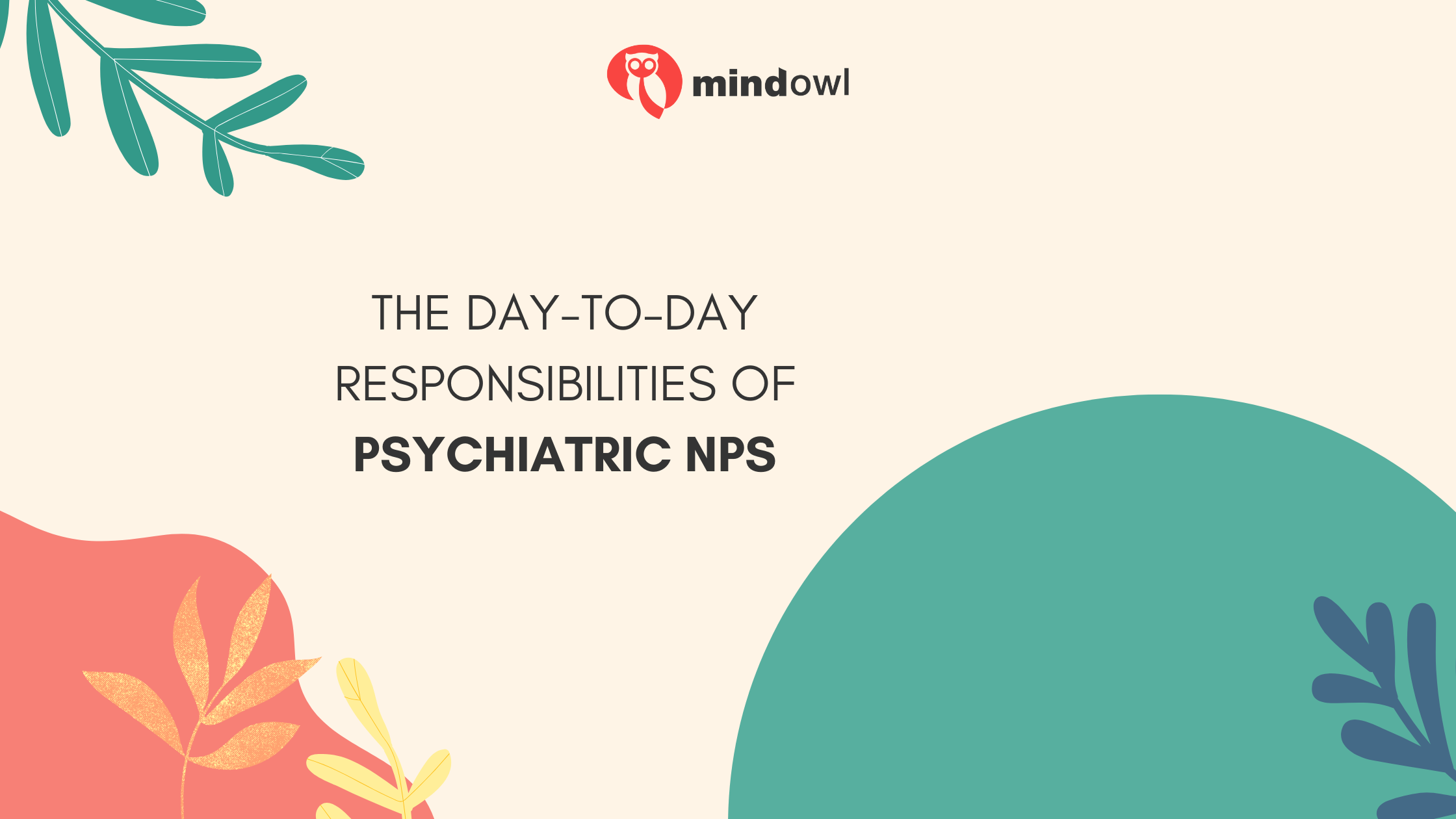In a career full of shortages, psychiatric nurses are in particularly low-supply. Psychiatric nurse practitioners are uniquely hard to come by. Forgetting that they are nurses and that those are rare enough as it is, psychiatric NPs occupy difficult positions and achieve them only through a hard-to-achieve credential.
Is it worthwhile braving the summit to achieve this difficult but rewarding career? In this article, we examine what a day in the life of a psychiatric nurse practitioner looks like.
The Potential for Hard Days
Uniquely difficult days will come up from time to time. For one thing, psychiatric nurse practitioners deal often with patients who aren’t exactly eligible to “get better,” in a traditional sense. Through medical intervention psychiatric patients can certainly live comfortable, productive lives, but finding a “cure,” for what they are struggling with is often impossible.
Psychiatric nurse practitioners also routinely experience physical and verbal violence on the job.
If you are going to be a psychiatric nurse practitioner, you need to accept the fact that some days will be difficult. And while every precaution is taken to keep healthcare professionals safe, there are some physical risks associated with the work as well.

Diagnose Patients
At least part of a psychiatric nurse practitioner’s day will often go toward diagnosing patients. This will generally involve screening them for symptoms associated with known disorders.
While many people associate the word “psychiatric,” with serious disorders, it can just as easily be attributed to people struggling with mild but disruptive cases of stress or anxiety.
As the concept of mental health becomes increasingly less taboo, more and more people are willing to sit down in front of a professional and seek help.
Developing Treatment Plans
Treatment plans are pretty much exactly what the name suggests. Once a patient has been diagnosed, the NP needs to develop a strategy to help them cope with their disorder in the most productive way possible.
These plans will often involve a combination of counseling and medication—both of which are services that the NP can help administer.
Prescribe Medications
This is not always an option for NPs. The extent to which they can prescribe medications without supervision will depend on where they are located in the country. States that have the most permissive laws will allow NPs to prescribe medications to their patients independently. Those that are more restrictive will require doctors to sign off on the decisions.
In either case, NPs can play a core strategic role in helping to manage patient medication strategies.
Lead Counseling Sessions
Psychiatric NPs often engage very directly in counseling their patients. This can take place in one on one environments or in group settings. For many psychiatric NPs, this is one of the most rewarding parts of the job in that it allows them to very directly influence their patients’ recovery journeys.
Education
Psychiatric nurse practitioners also educate—both their patients and their patients’ support systems. This process can be formal—with scheduled set downs—or more incidental. Short conversations between visits that help ensure everyone is on the same page.
Did Someone Say Disposable Income?
When you get home from your day on the job, you might feel too exhausted to prepare dinner. Or maybe this was a particularly draining day, and you just want to indulge. Psychiatric Nurse Practitioners can earn as much as $150,000 per year.
It’s not yacht money but it is “comfortable home, decent car, dinner out when the impulse strikes you,” money.
Nurses never exactly get rich but they don’t need to struggle either. Is the salary enough of a reason to take this work on? Probably not. While $150,000 is a very good salary, there are less stressful jobs that produce comparable income. If you are just looking for a comfortable lifestyle, this probably isn’t the position for you.
Find Out for Yourself
If you are unsure if this job is right for you, consider shadowing a psychiatric NP for a day. Not only will you get to see what the job is like up close, but you will also be able to ask questions. The majority of NPs willing to participate in a work shadowing program will be happy to let you pick their brains.
Exposure is the best way to really get a sense of the job. This work definitely is not for everyone, but for the right applicant, it is an excellent way to contribute at a high level in a position where you are definitely needed.
MindOwl Founder – My own struggles in life have led me to this path of understanding the human condition. I graduated with a bachelor’s degree in philosophy before completing a master’s degree in psychology at Regent’s University London. I then completed a postgraduate diploma in philosophical counselling before being trained in ACT (Acceptance and commitment therapy).
I’ve spent the last eight years studying the encounter of meditative practices with modern psychology.

